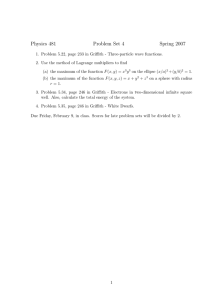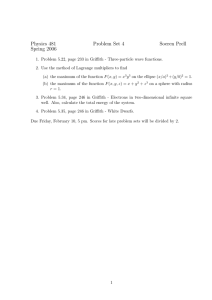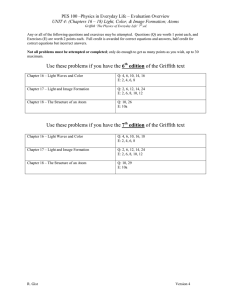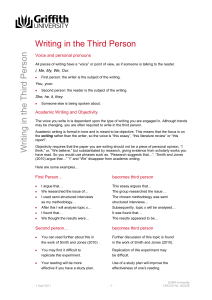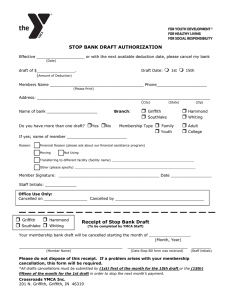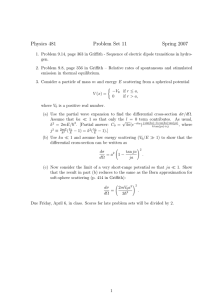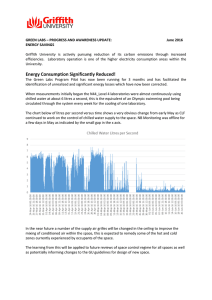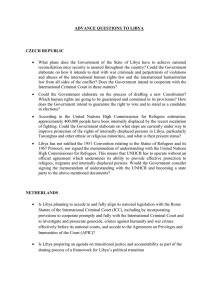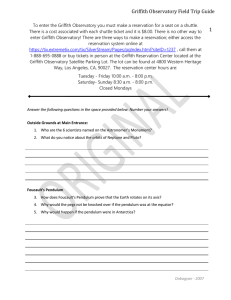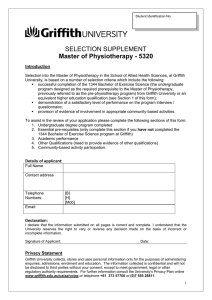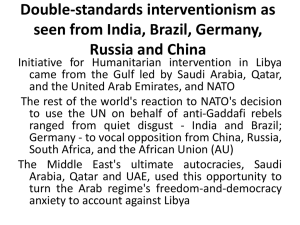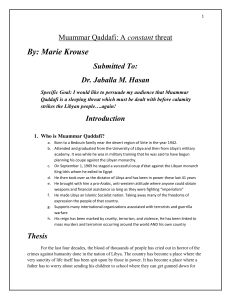Proceedings of 21st International Business Research Conference
advertisement
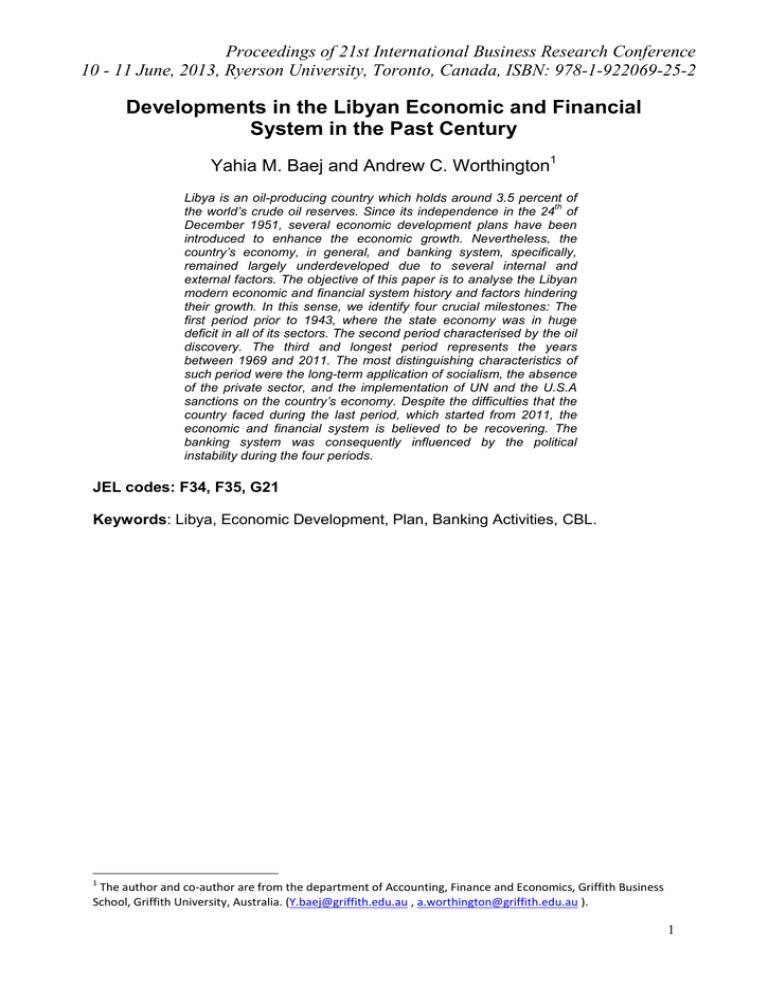
Proceedings of 21st International Business Research Conference 10 - 11 June, 2013, Ryerson University, Toronto, Canada, ISBN: 978-1-922069-25-2 Developments in the Libyan Economic and Financial System in the Past Century Yahia M. Baej and Andrew C. Worthington1 Libya is an oil-producing country which holds around 3.5 percent of th the world’s crude oil reserves. Since its independence in the 24 of December 1951, several economic development plans have been introduced to enhance the economic growth. Nevertheless, the country’s economy, in general, and banking system, specifically, remained largely underdeveloped due to several internal and external factors. The objective of this paper is to analyse the Libyan modern economic and financial system history and factors hindering their growth. In this sense, we identify four crucial milestones: The first period prior to 1943, where the state economy was in huge deficit in all of its sectors. The second period characterised by the oil discovery. The third and longest period represents the years between 1969 and 2011. The most distinguishing characteristics of such period were the long-term application of socialism, the absence of the private sector, and the implementation of UN and the U.S.A sanctions on the country’s economy. Despite the difficulties that the country faced during the last period, which started from 2011, the economic and financial system is believed to be recovering. The banking system was consequently influenced by the political instability during the four periods. JEL codes: F34, F35, G21 Keywords: Libya, Economic Development, Plan, Banking Activities, CBL. 1 The author and co-author are from the department of Accounting, Finance and Economics, Griffith Business School, Griffith University, Australia. (Y.baej@griffith.edu.au , a.worthington@griffith.edu.au ). 1
